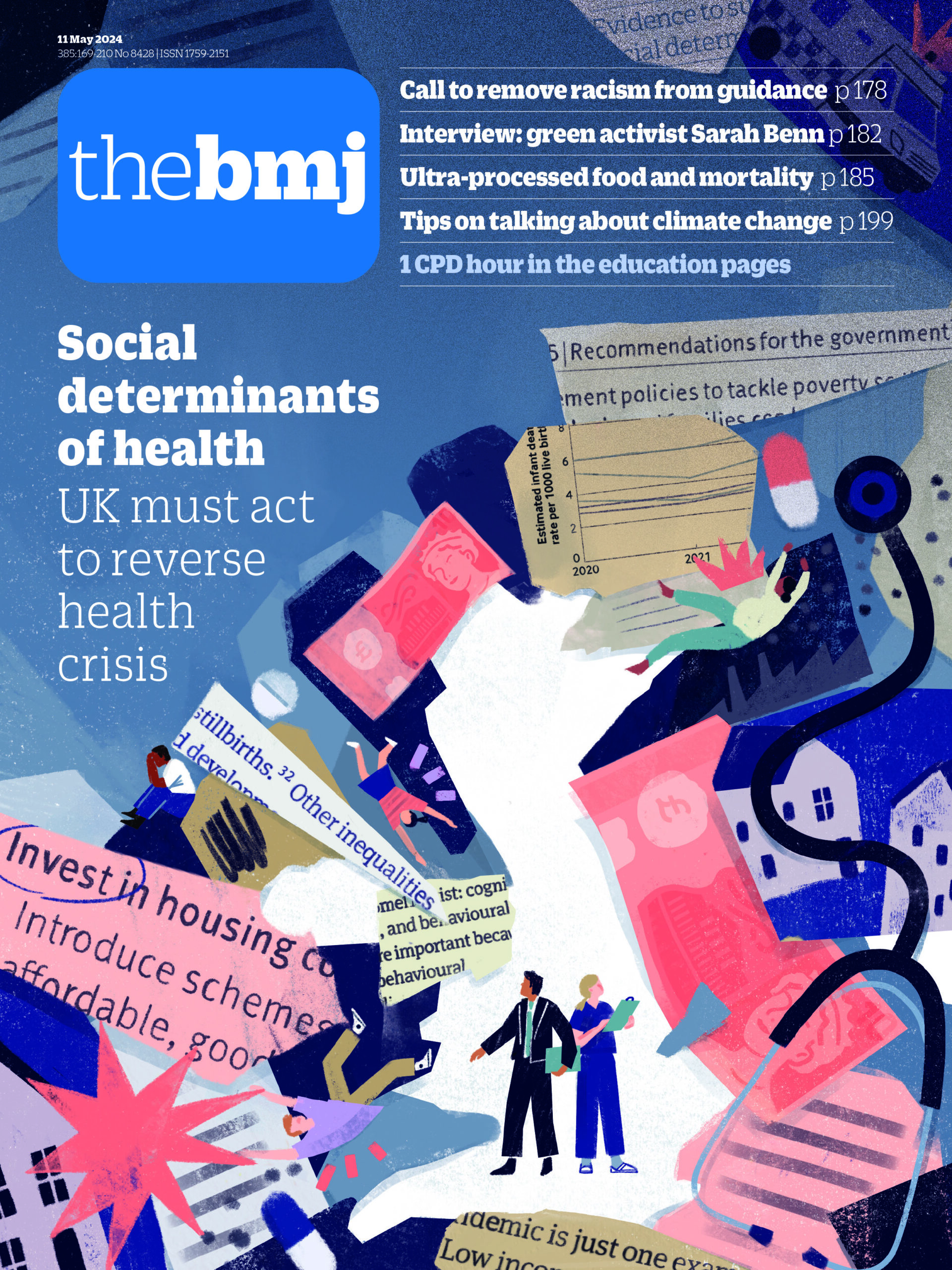A group of MPs have called for a radical overhaul of the way poor mental health is managed in the UK to move away from its “overreliance on psychiatric drugs.”
The Beyond Pills All Party Parliamentary Group (APPG) says there needs to be a paradigm shift away from “the traditional biomedical model” towards a more holistic approach that tackles the social, economic, and psychological determinants of mental health.
In a report1 they point to the impact on mental health of toxic relationships, abuse, and violence as well as the role of wider societal factors such as economic insecurity, poverty, poor housing, inadequate nutrition, and damaged communities.
Despite increased investment in traditional approaches to mental health the rates of poor mental health are worsening in the general population, the report points out. And with nearly a quarter of the adult population prescribed a psychiatric drug in any given year, it says the current levels of overprescribing must be tackled.
The report echoes recent calls from the World Health Organization and the United Nations for systematic mental health reform emphasising the importance of psychological and social support. The call was further supported by the BMJ Commission on the Future of the NHS which demanded urgent government action to tackle the social determinants of health.2 Its report in April 2024 said that as adverse life circumstances significantly affect mental health, a higher burden of mental distress is disproportionately experienced by those closer to the margins of society.
In a foreword to the report, Nigel Crisp, co-chair of the Beyond Pills APPG and a former NHS chief executive, says that implementation of the recommendations will require major changes in clinical practice and professional training as well as shifts in public perception. “Pharmaceutical companies have had far too much influence and have benefited accordingly. Drugs will still be needed for some, but the current levels of overprescribing must be tackled,” he said.
The report calls for reform of the Medicines and Healthcare Products Regulatory Agency (MHRA), citing a 2022 BMJ inquiry that showed persistent problems of conflicts of interest and overly lenient regulation.3 It also says there remains a lack of transparency regarding financial conflicts of interest in psychiatric practices. It calls for the UK to follow the US and implement a “sunshine act” which would legally oblige doctors to publicly disclose potential financial conflicts.
James Davies, associate professor of medical anthropology and psychology at the University of Roehampton and lead author of the report, said, “The solution to our mental health crisis isn’t cutting disability payments which will worsen the lives of the most vulnerable, but tackling the social determinants of poor mental health and better funding for effective psychosocial interventions. Forty years of biomedical dominance in mental health has not improved clinical outcomes—we need to entirely overhaul our approach.”
The APPG makes nine recommendations:
-
Boost provision for social interventions including social prescribing
-
Fund community based mental health hubs for all ages
-
Fund drug deprescribing services and a national withdrawal support helpline
-
Reverse rates of unnecessary antidepressant prescribing
-
Reform MHRA to improve drug regulation
-
Implement a UK sunshine act for financial transparency
-
Integrate social and emotional learning in the national curriculum
-
Improve the education and training of health professionals
-
De-medicalise mental health language
